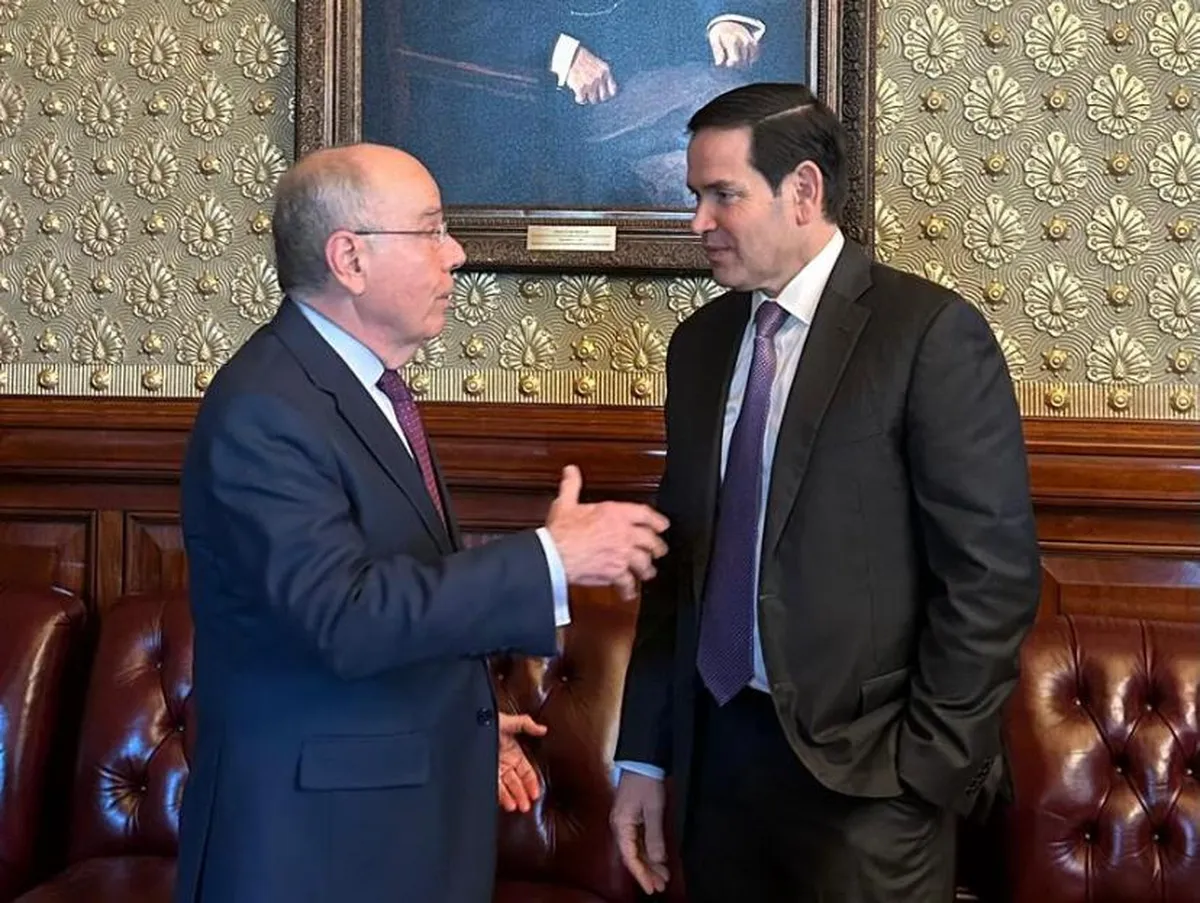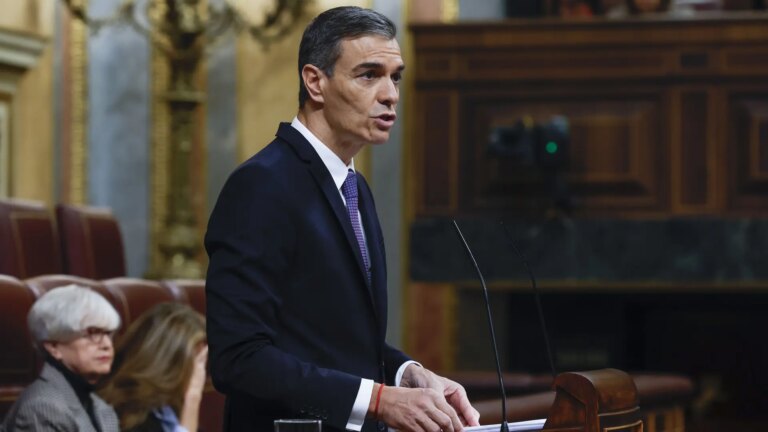
With the trade impasse still unresolved, the Brazilian government is seeking to reopen the space for understanding in Washington, with diplomatic leaders from both countries scheduled to meet today.
The bet is to insist on a suspension of U.S.-imposed tariffs and sanctions while bilateral negotiations continue. The movement gained momentum Wednesday after a brief conversation between Prime Minister Mauro Vieira and U.S. Secretary of State Marco Rubio on the sidelines of the G7 ministerial meeting in Niagara.
- President Trump has indicated that he will reduce tariffs on coffee imports into the United States. Let’s see how this statement matches what Lula is asking for
- Can Oi’s bankruptcy be canceled? Understand why banks ask courts to guarantee the survival of their companies
Vieira and Rubio’s meeting took place in Niagara, Canada, on Wednesday, on the sidelines of a G7 ministerial meeting. During the conversation, Vieira noted that Brazil sent a negotiation proposal to the US side on November 4, after a virtual meeting between the technical teams. Although terms are reserved, the document suggests things like a moratorium on measures while a broader trade deal is discussed, the people said.
The meeting between the two countries’ top diplomats is scheduled to take place in Washington two weeks after President Luiz Inácio Lula da Silva met with President Donald Trump in Malaysia, the first gesture of political closeness since then. Despite this, no concrete progress has been made to date.
The tariffs went into effect in August after President Trump announced them in July. The 50% surcharge applies to Brazilian products such as steel, aluminum, meat, coffee, fruit, fish, orange juice and industrial machinery. The White House singled out Federal Supreme Court Minister Alexandre de Moraes as the main target of the individual sanctions, claiming “judicial persecution” against former President Jair Bolsonaro to justify the measure.
In addition to tariffs, Brazil faces an investigation under Section 301 of the U.S. Trade Code. This provision allows for sanctions against countries accused of “unjust or discriminatory” conduct. In the case of Brazil, topics such as digital commerce, environmental regulations, preferential tariffs, intellectual property, and the use of Pix as an instant payment method are under analysis, and have been identified by US authorities as potential sources of competitive imbalance for foreign companies.
President Trump again this week mentioned the possibility of lowering some tariffs on coffee imports as part of efforts to curb domestic inflation due to higher prices caused by the tariffs themselves. Although Brazil was not mentioned by name, this signal was received with optimism by government and private sector interlocutors.
The United States is the world’s largest coffee consumer, importing approximately 25 million bags annually. Brazil accounts for about a third of this total.
The penalties imposed by the US government had a significant impact on Brazil’s exports. Since August, sales of products affected by this measure, particularly steel, aluminum, meat, coffee, and industrial machinery, have recorded an estimated 20% decline in export value from August to October compared to the same period last year.
Itamaraty and the Development Ministry argue that the move is unjust because the United States continues to run a bilateral trade surplus. According to 2024 data, Brazil’s exports to Brazil were $40.4 billion, while Brazil’s sales to the United States totaled $40.7 billion, a difference of about $300 million. Brazil’s deficit with the United States from January to October reached $6.8 billion.
The White House’s decision to link tariff elimination to Bolsonaro’s legal situation deepened the diplomatic crisis. According to his interlocutors, Lula asserted that Brazil does not accept interference in its internal affairs and that political differences should not be confused with commercial issues. The President stressed that even in the face of economic pressures, the country will not surrender its sovereignty and that upholding the rule of law is non-negotiable.



